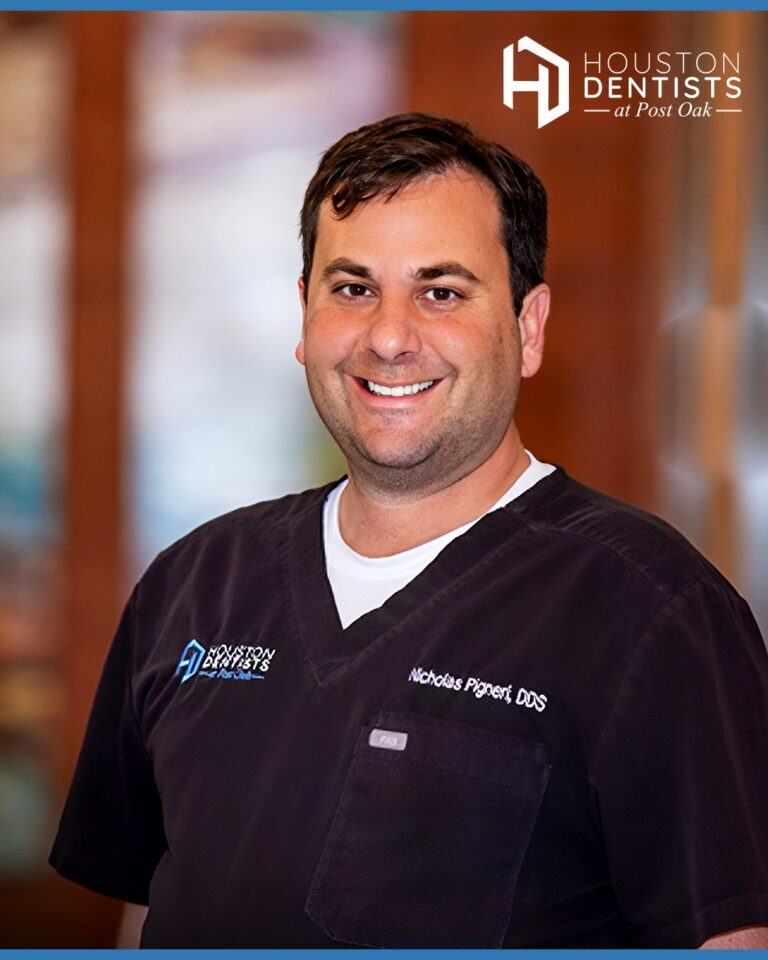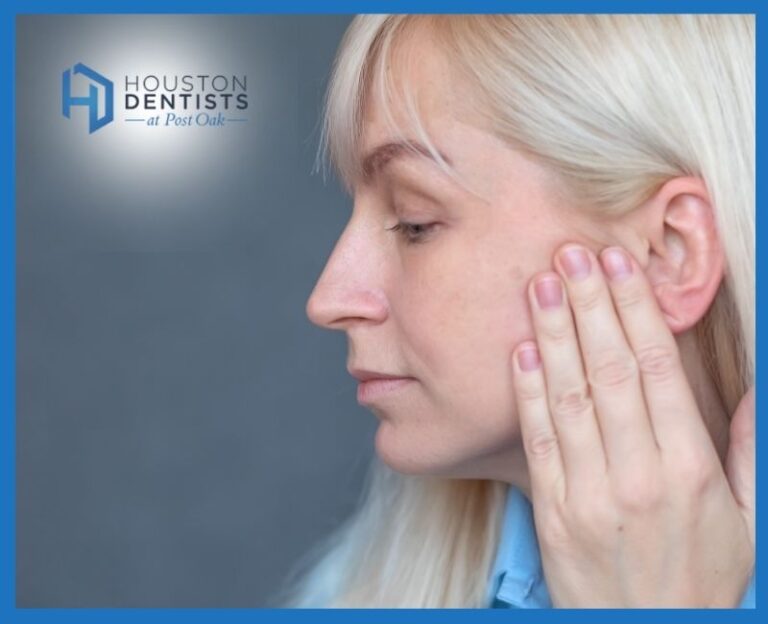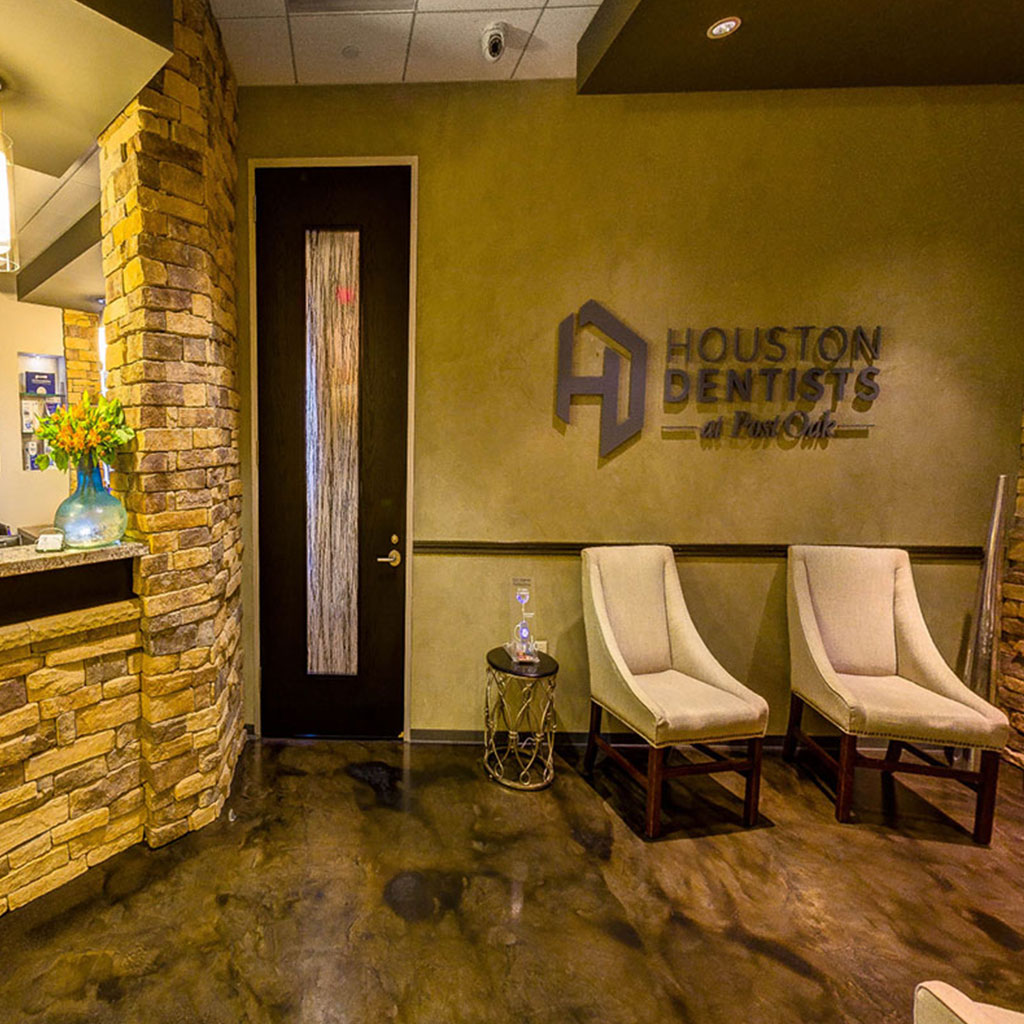For anyone who has invested in the long-term health and beauty of their smile—whether through dental implants, bridges, or custom crowns—the true longevity of that restoration relies on…

TMJ is the joint which holds together your lower jaw to the skull. The joint allows the opening and closing of your jaw. It also makes it possible for you to eat and talk. This is the joint found on your head on both sides, just in front of your ears.
The use of this abbreviation is to differentiate temporomandibular joint from TMJ conditions such as TMJD or TMD. These disorders may result in joint movement difficulties, facial pain, and joint tenderness. Usually, if you experience some pain in the jaws close to your joint, it may be a direct injury.
This could lead to movement or dislocation of your joint head from its joint position. Another possible indication may be that you are suffering from a broken lower jaw, mostly below your joint head. However, it would be wise to visit a TMJ professional dentist who will provide you with the right examination and treatment.
Additionally, jaw pain can result from joint injuries, damages to the structures near your jaw, or even indirect injury to your jaw. You could also be having an injured tooth discharging signals via your jaw (for few cases).
Any damage could also lead to hurting muscle contractions, a defensive body response limiting muscle movement from either side of your jaw (a regular splint if needed). So, as you try speaking or chewing, the condensed extent of motion will exacerbate the pain. In such a case, you need to visit TMD dental treatment.
Therefore, it is always advisable to examine the exact origin of limited movement and pain before commencing your treatment.
Anti-inflammatory pain relievers and muscle relaxants are usually applied in the treatment of inflammation and spasms. When a person has encountered a dislocation, the condyle can be quickly restored to the joint space through gentle handling. However, in a broken bone, repositioning it would require more extensive handling and immobilizing the jaw movement for quick healing. In most critical cases, surgical treatment could be an option where the specialist will immobilize the joint on the inside.
Causes of TMJ Disorder
Generally, the TMJ disorder causes are not known. Trauma might play a part in the joint or jaw. Other health conditions can also result in TMJ disorder development. These include:
- Structural jaw problem
- Arthritis
- Teeth grinding or clenching
- Joint erosion
Other aspects often relate to TMJ disorder; however, no proof shows that TMJD comes about.
Symptoms of TMJ
TMJ disease symptoms depend on your disorder’s cause and severity. Surrounding muscles and pain are the most general TMJD symptoms. Usually, some of the disorder’s symptoms are:
- TMJ site sound popped or clicked
- Limited jaw movement
- Pain in the neck or face
- Locked jaw
- Change in the way your lower and the upper teeth line up in your jaw (also malocclusion)
- Rigid jaw muscles
Finally, it is advisable to seek TMD treatment from dental professionals. Visit the Houston Dentists at Post Oak for TMD dental treatment.






